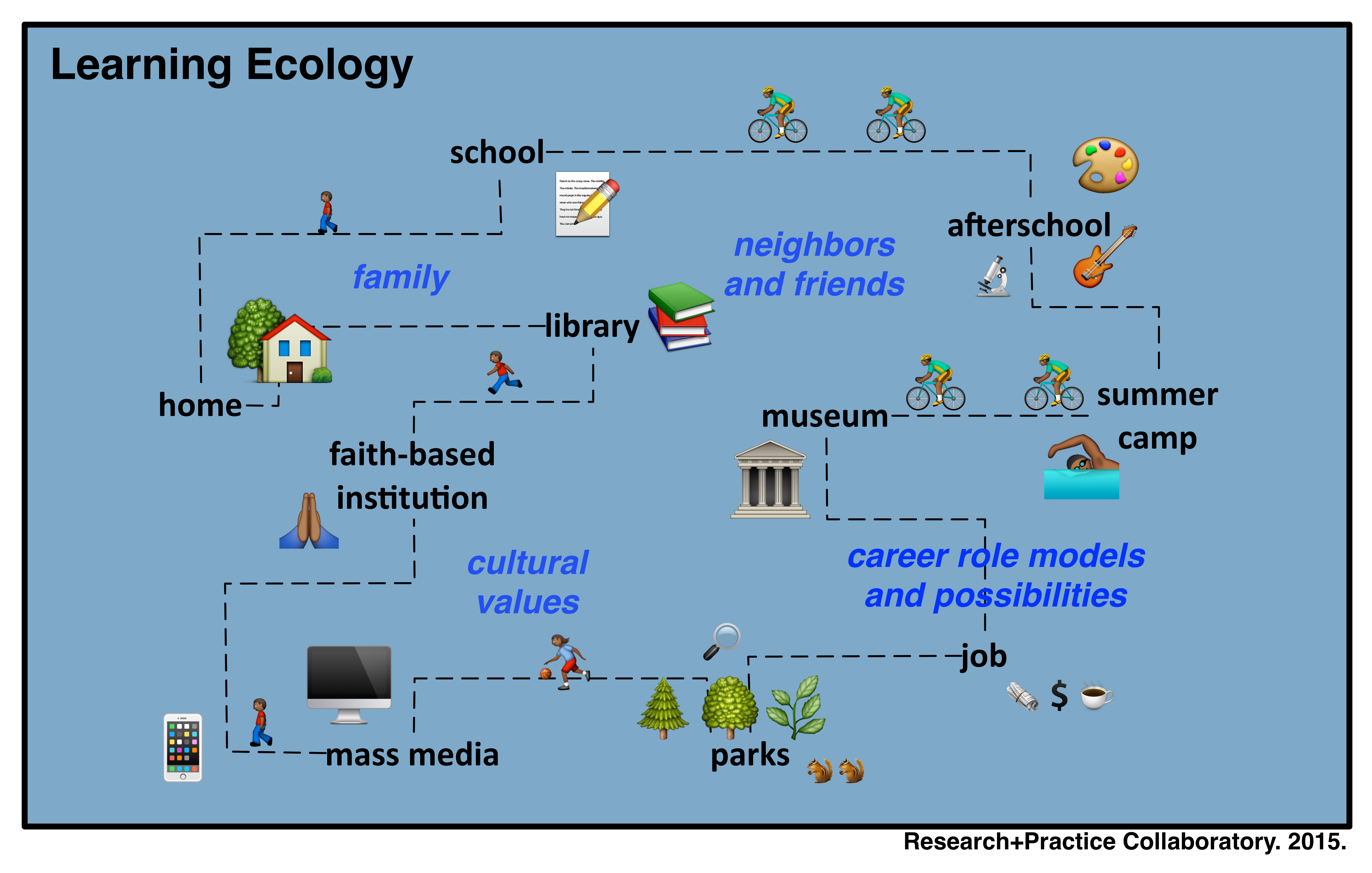Archive: Shell Science Lab Regional Challenge: Learn from the Winners, November 5, 2020
The Shell Science Lab Regional Challenge Competition acknowledges exceptional and innovative science educators, to recognize outstanding K–12 school programs for their exemplary approaches to science lab instruction utilizing limited school and laboratory resources, and raise awareness and exposure of the outstanding work being done in the science education field in targeted areas near Shell assets listed below:
The Shell Science Lab Regional Challenge Competition acknowledges exceptional and innovative science educators, to recognize outstanding K–12 school programs for their exemplary approaches to science lab instruction utilizing limited school and laboratory resources, and raise awareness and exposure of the outstanding work being done in the science education field in targeted areas near Shell assets listed below:
The Shell Science Lab Regional Challenge Competition acknowledges exceptional and innovative science educators, to recognize outstanding K–12 school programs for their exemplary approaches to science lab instruction utilizing limited school and laboratory resources, and raise awareness and exposure of the outstanding work being done in the science education field in targeted areas near Shell assets listed below:
The Shell Science Lab Regional Challenge Competition acknowledges exceptional and innovative science educators, to recognize outstanding K–12 school programs for their exemplary approaches to science lab instruction utilizing limited school and laboratory resources, and raise awareness and exposure of the outstanding work being done in the science education field in targeted areas near Shell assets listed below:



